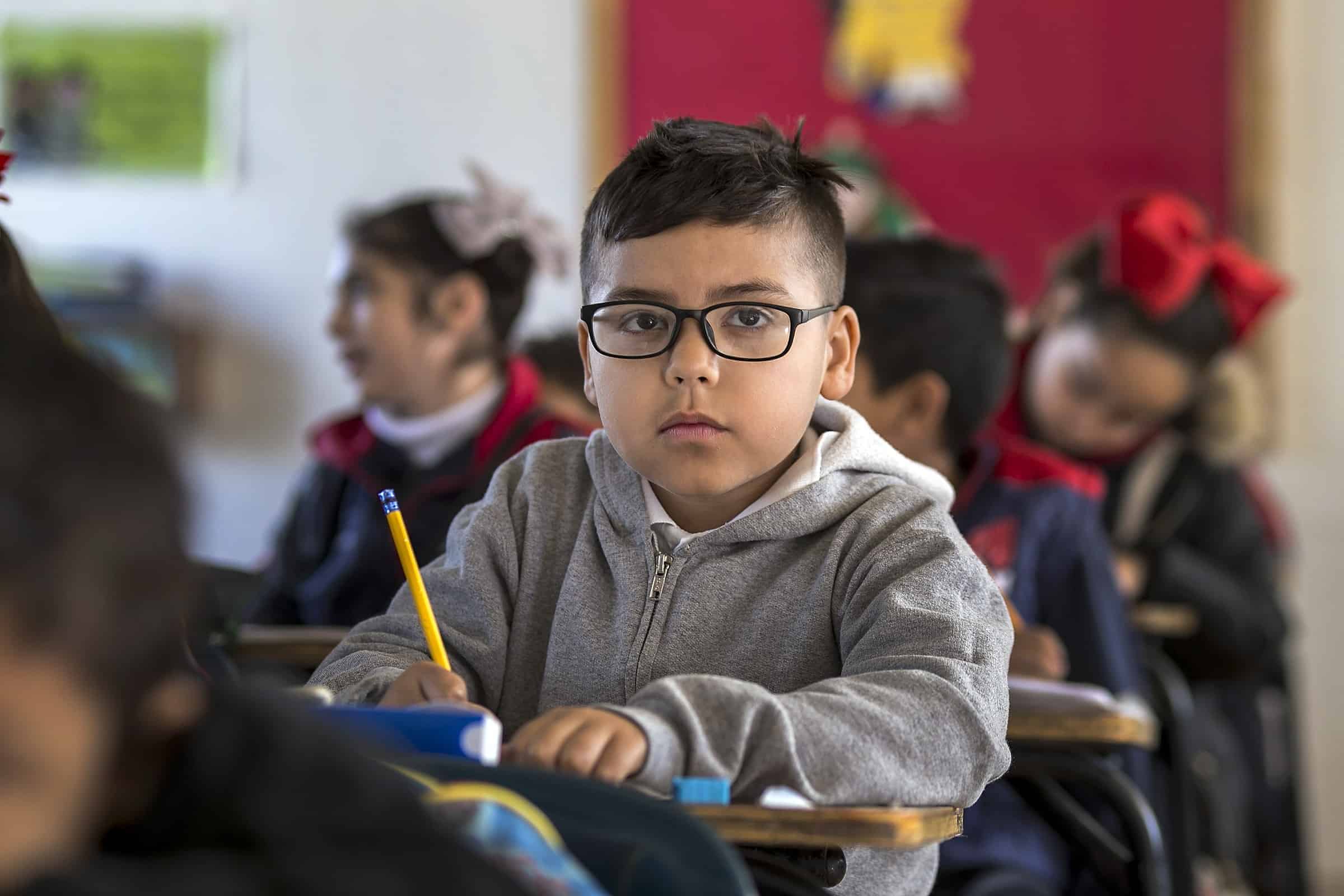A teacher’s perspective on education cuts
Less resources for teachers could mean many challenges ahead
Last month, the Rat Creek Press published an article about provincial education cuts and I interviewed Trisha Estabrooks, Edmonton Public Schools (EPS) board chairwoman. This month, I interviewed Nicola Dakers, who teaches youth with behavioural challenges.
She explains how the budget cuts will affect students with these complex needs.
“One of the major impacts to the cuts is that our extremely complex and diverse classrooms will get bigger. With inclusive education we have varied learning abilities, styles, behaviours, and disabilities in the classroom. We also have new immigrant and refugee students with little understanding of English. We have issues such as sensory, auditory, dyslexia, and several other needs while helping students to feel safe.”
Dakers says many students in these classes come from traumatic backgrounds and have behavioural issues stemming from disorders.
“The cuts mean more of these students and therefore less time to truly meet the needs of the students. We are already expected to be experts in trauma, psychology, reading, writing, science, math, autism, and so on. Can you imagine trying to meet 20 plus or 30 plus individual students’ very complex needs every day? While trying to assess daily, keep in constant communication with families, provide high quality lessons. It is going to become almost impossible.”
Teachers are committed to do their best, but there are limits on how much they can do given the circumstances. Less funding will result in more students in a classroom per teacher. For students with complex needs, Dakers says relationship building and high-quality lessons will be compromised.
It’s important for teachers to conduct assessments to help students. An assessment is the ability to determine if there’s something that makes it difficult for a student to learn, like ADHD or dyslexia.
“Assessment may no longer be based on observation and conversation; instead it may simply be on tests, quizzes, and assignments, which does not serve students who can say what they have learned but struggle with dyslexia and dyscalculia (a math learning disability). This will make teaching more complex and difficult than it already is.” She adds, “The reduction in the number of student assessments needed for learning exceptions means that many students requiring modified ways to access the curriculum will not get assessed for those needs and therefore will not receive the targeted interventions they require to adequately engage with the curriculum.”
Dakers also says some teachers may leave, even though they love students and knowledge.
“Nobody wants to provide partial service. Teachers’ costs will also increase to provide students with high-quality materials since most teachers spend at least a thousand a year [of their own money] on their classes.”
Dakers says she thinks the government made these cuts now in order to undermine The Alberta Teachers’ Association (ATA) and teachers, allowing them to cut teachers’ pay and input in curriculum and policy immediately.
“If they waited, we would have had more time to discuss the topics and encourage parents, co-workers, and all Alberta citizens to write their MLAs and contact media about concerns with these cuts. Doing things this way, the government can move ahead swiftly without receiving much negative feedback. Also, undermining the ATA now means they don’t have to deal with a powerful adversary for the next four years.”
She adds that the cuts were the government’s attempt at showing voters their commitment to immediate budget cuts.
“Of course, this really just leads to increased costs on individual citizens and in my field of work, on parents who are already stretched. Keep in mind this is not the Progressive Conservative government; instead this is a very different form of conservatism that has little do with proper funding and more to do with individual capital.”
Featured Image: Teachers with classes of students possessing complex needs will be deeply affected by education cuts. | Pixabay







